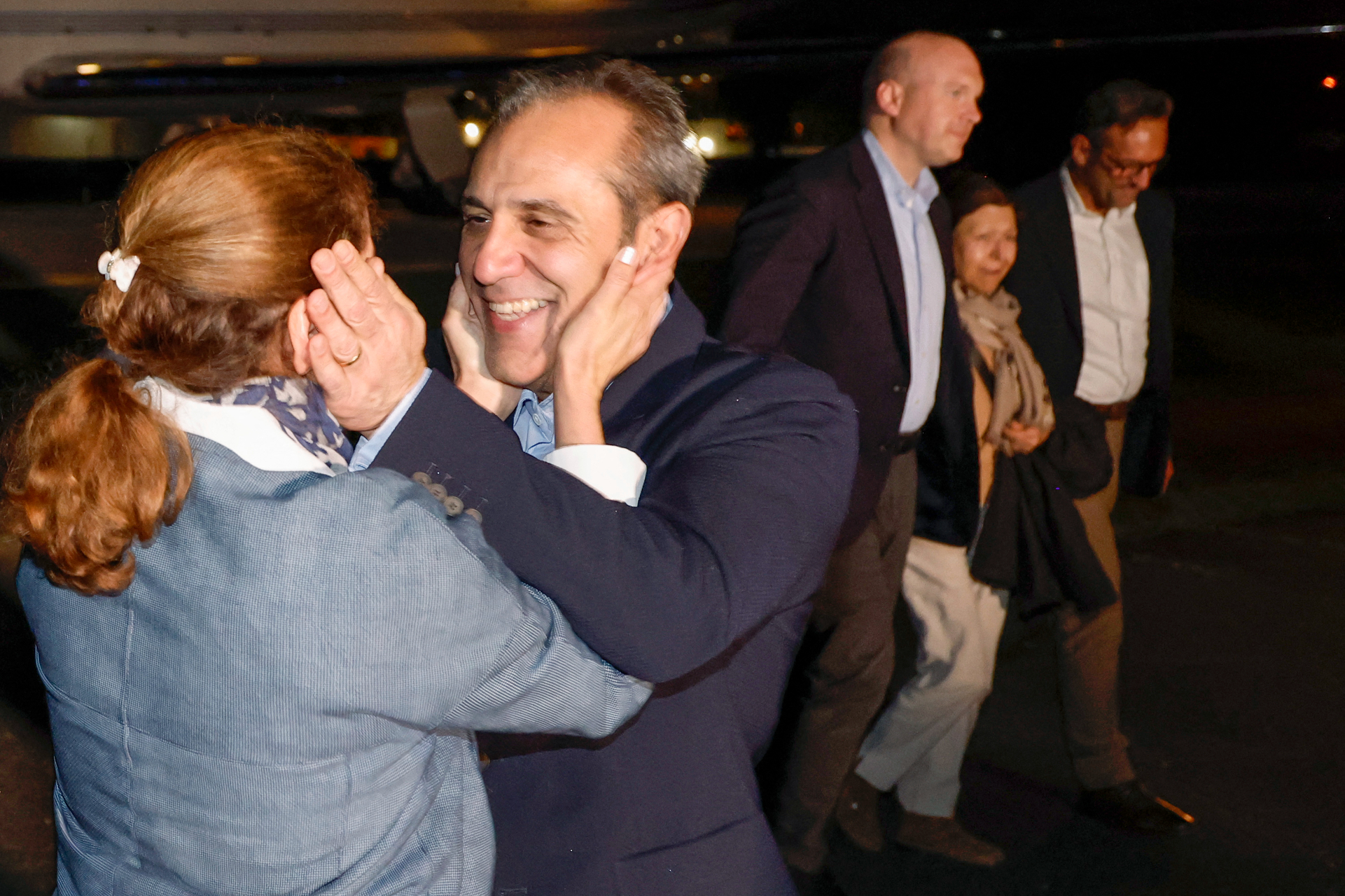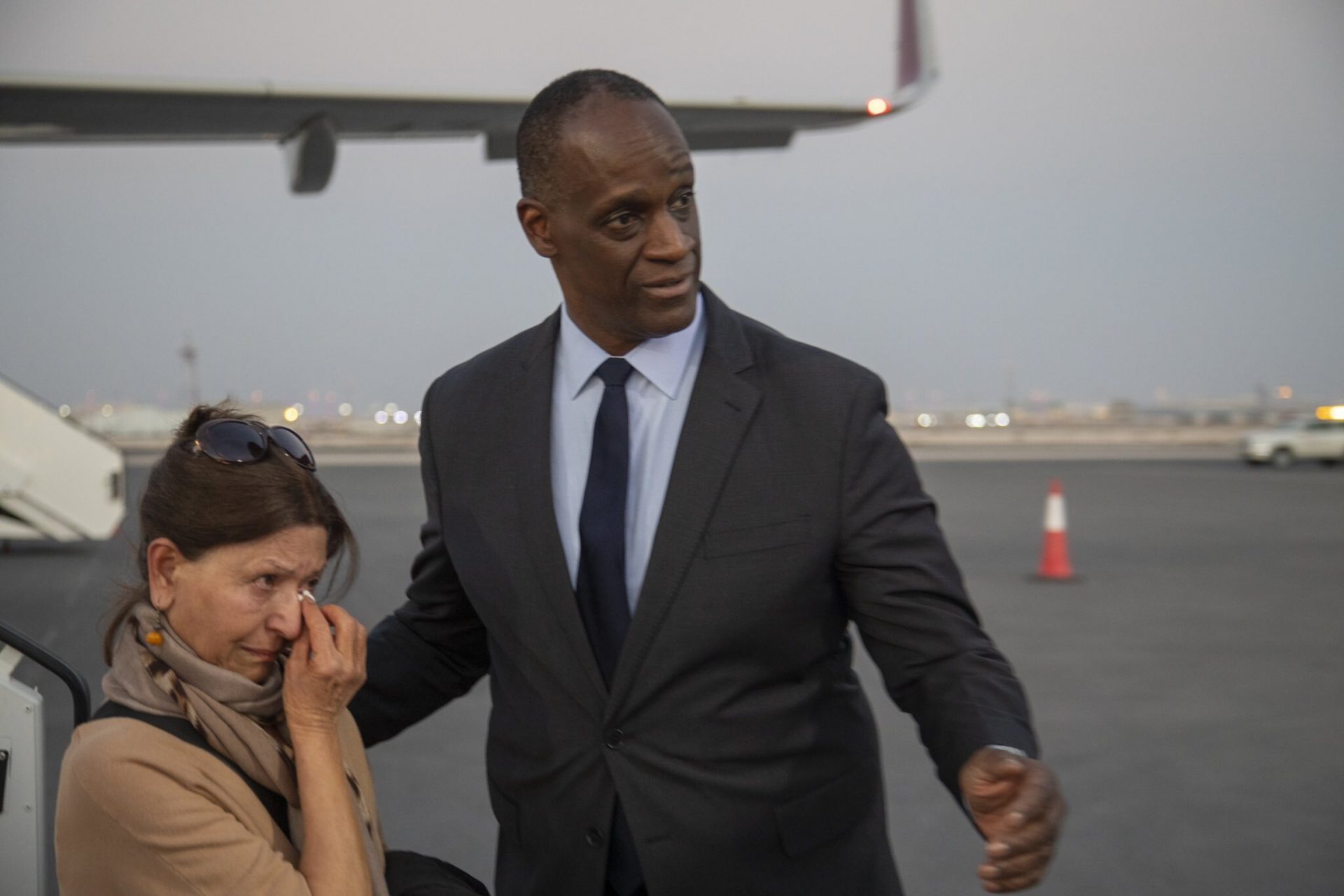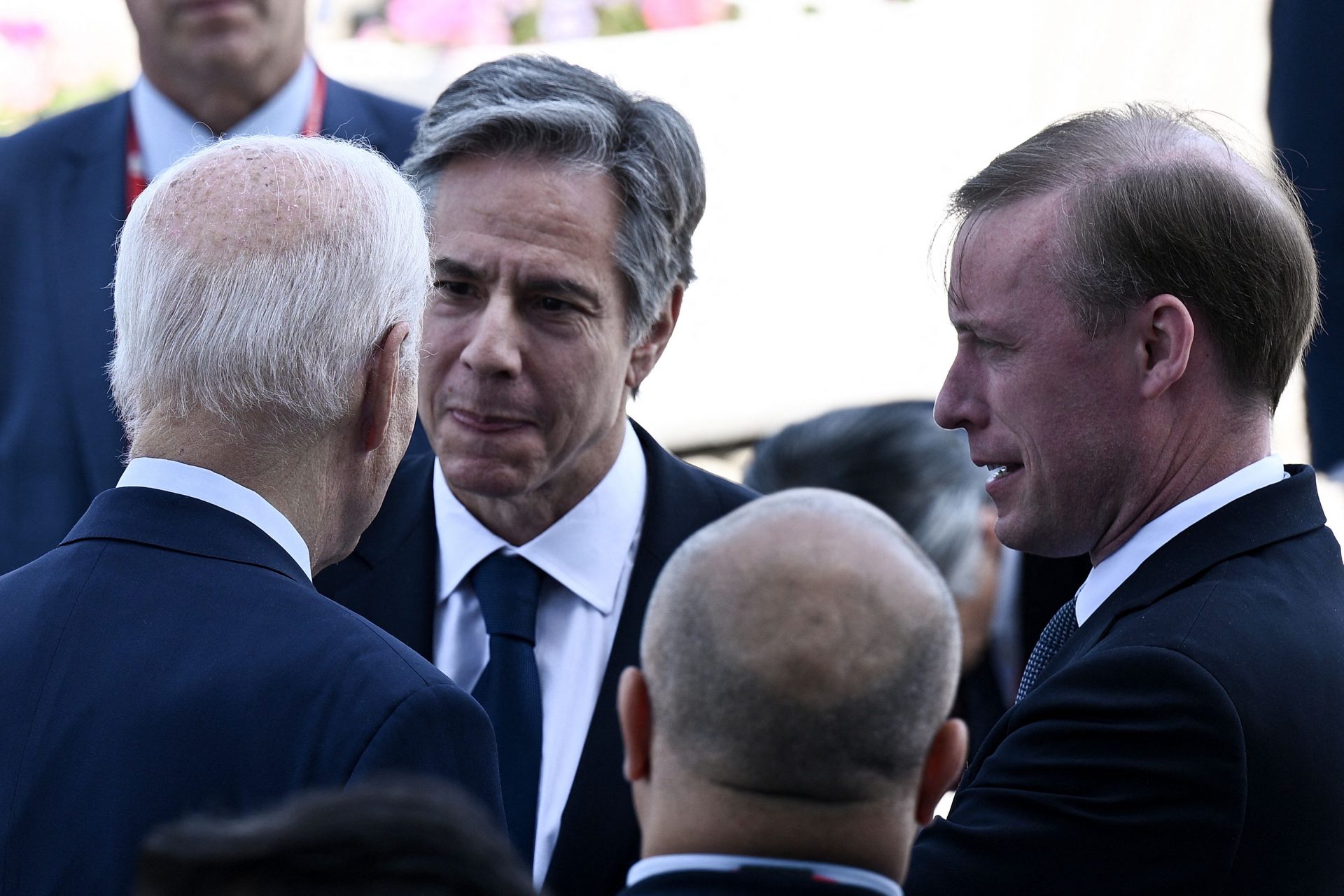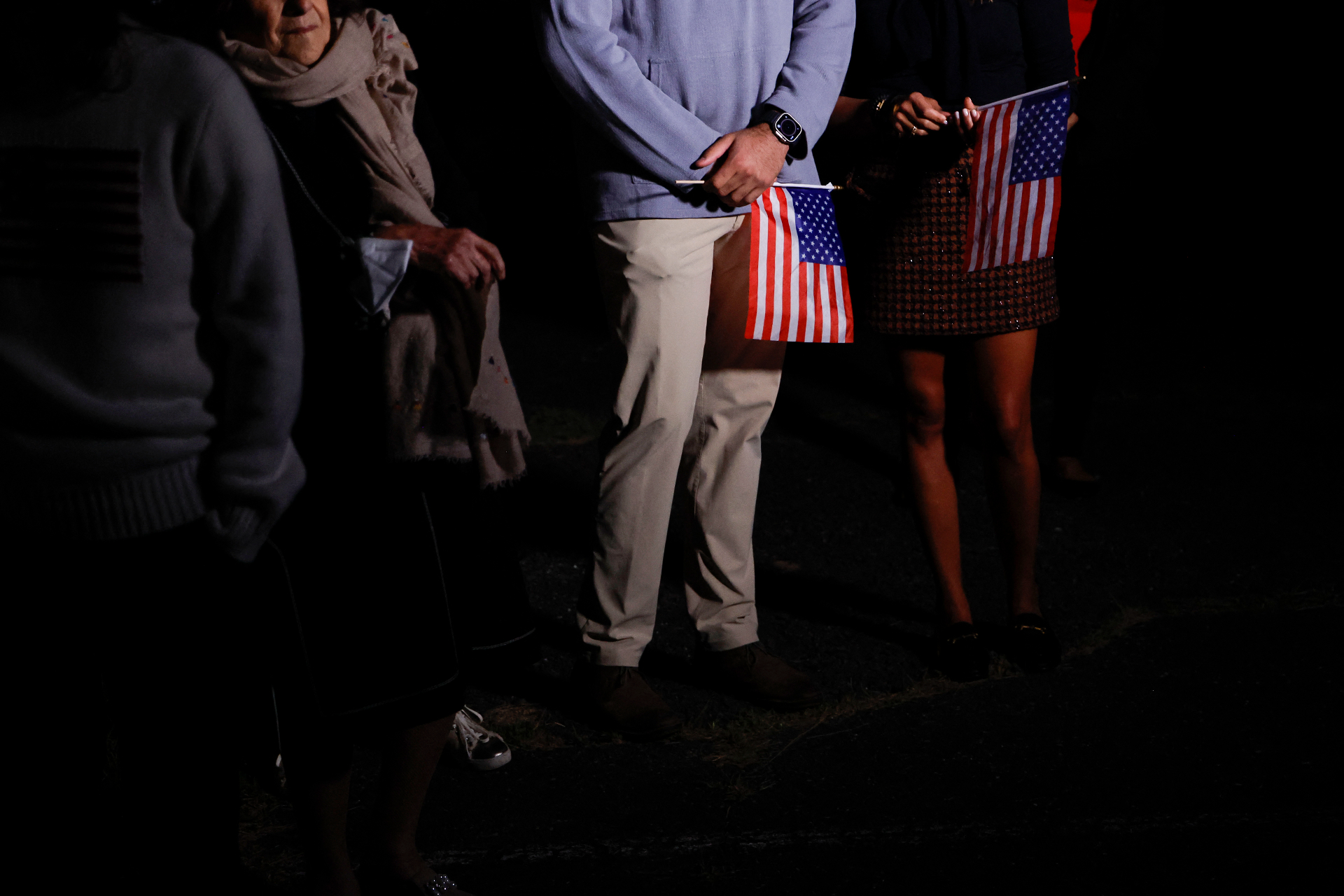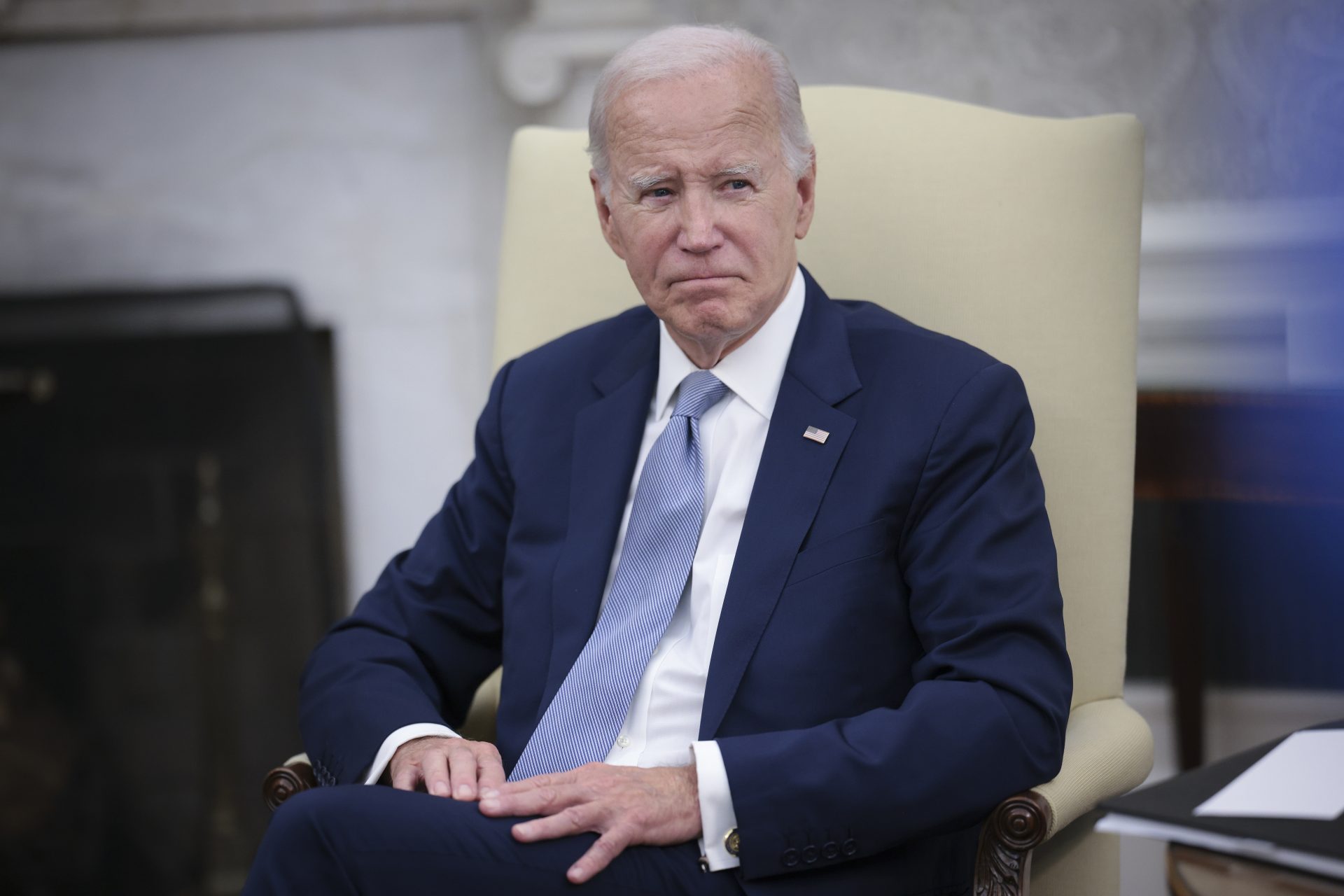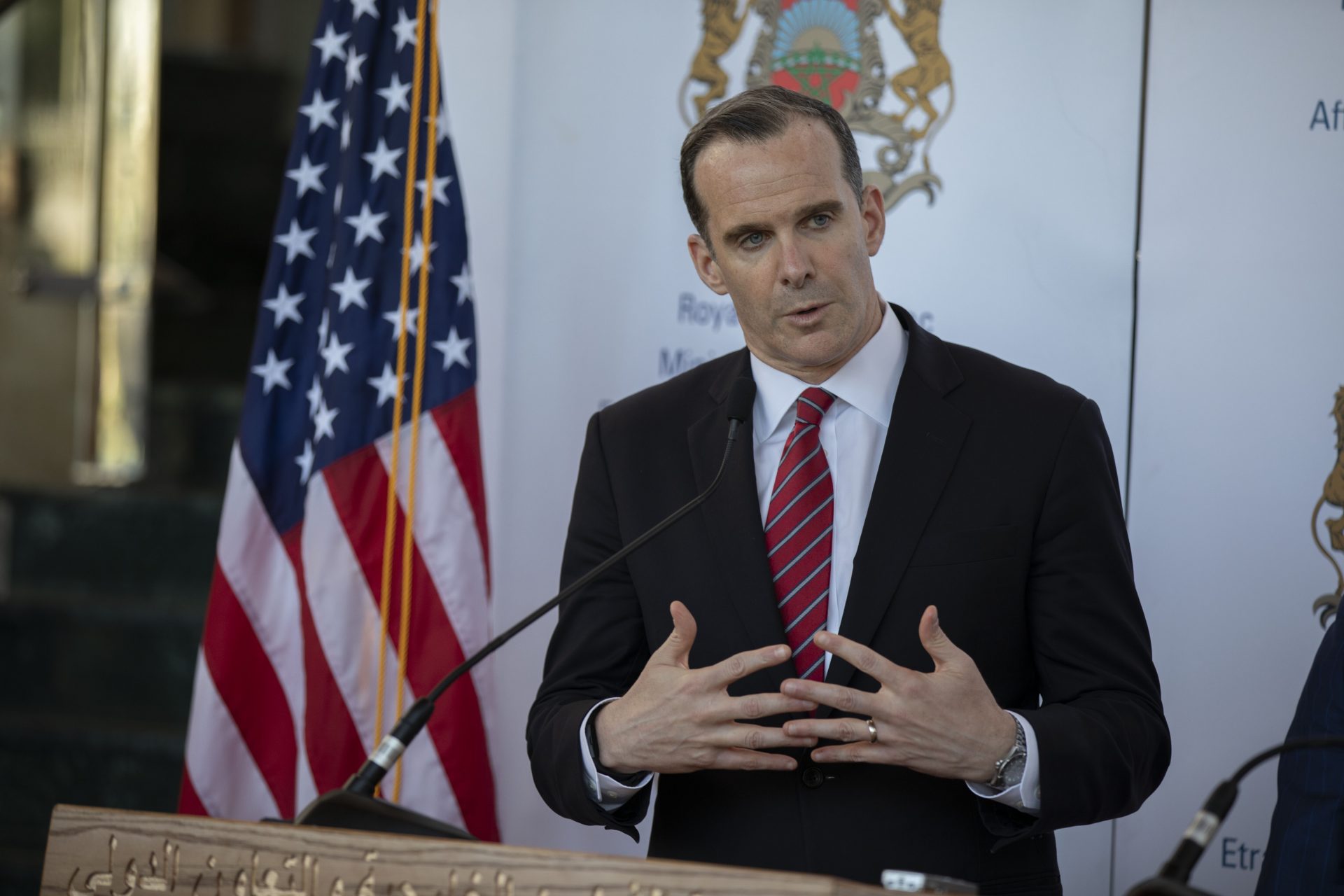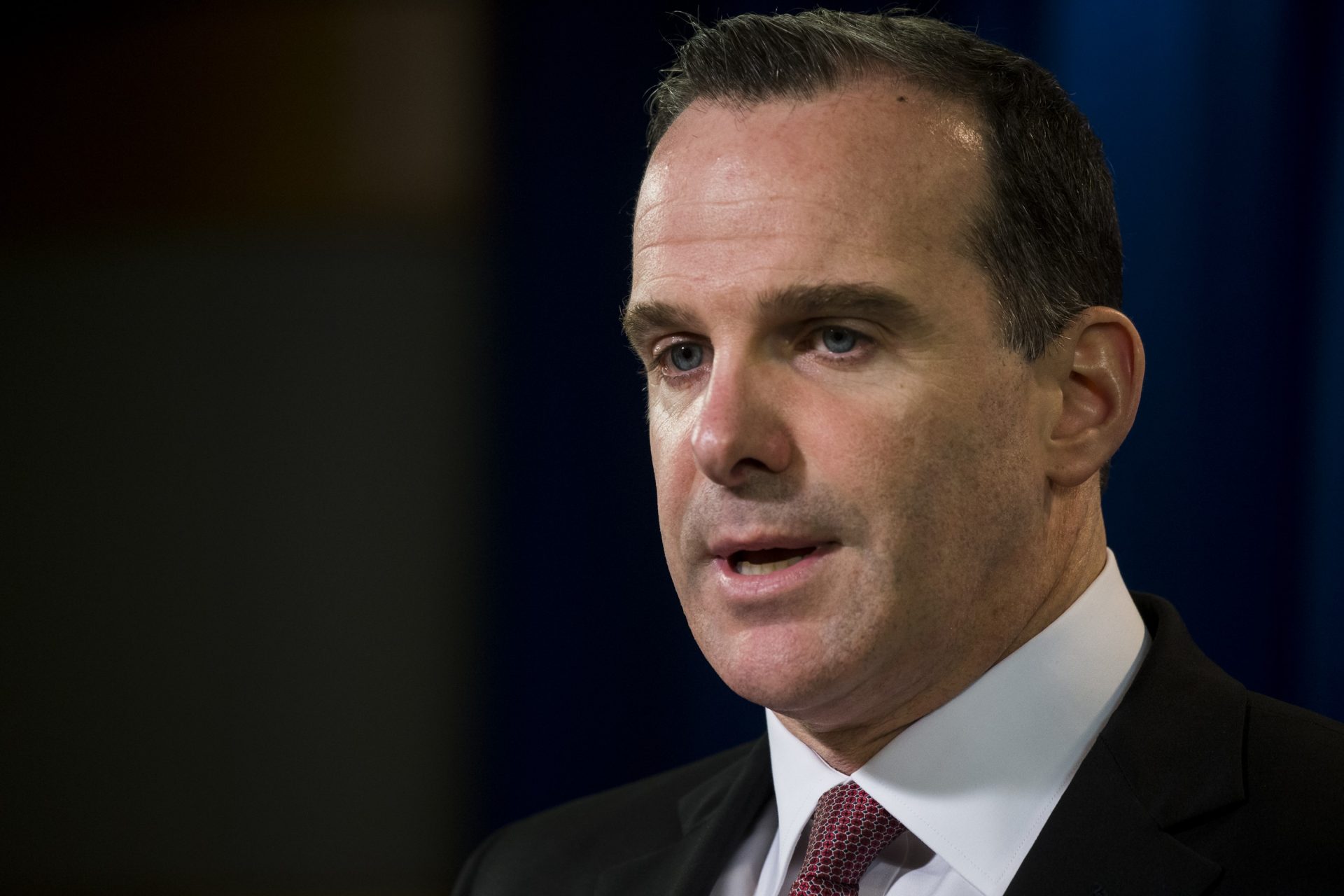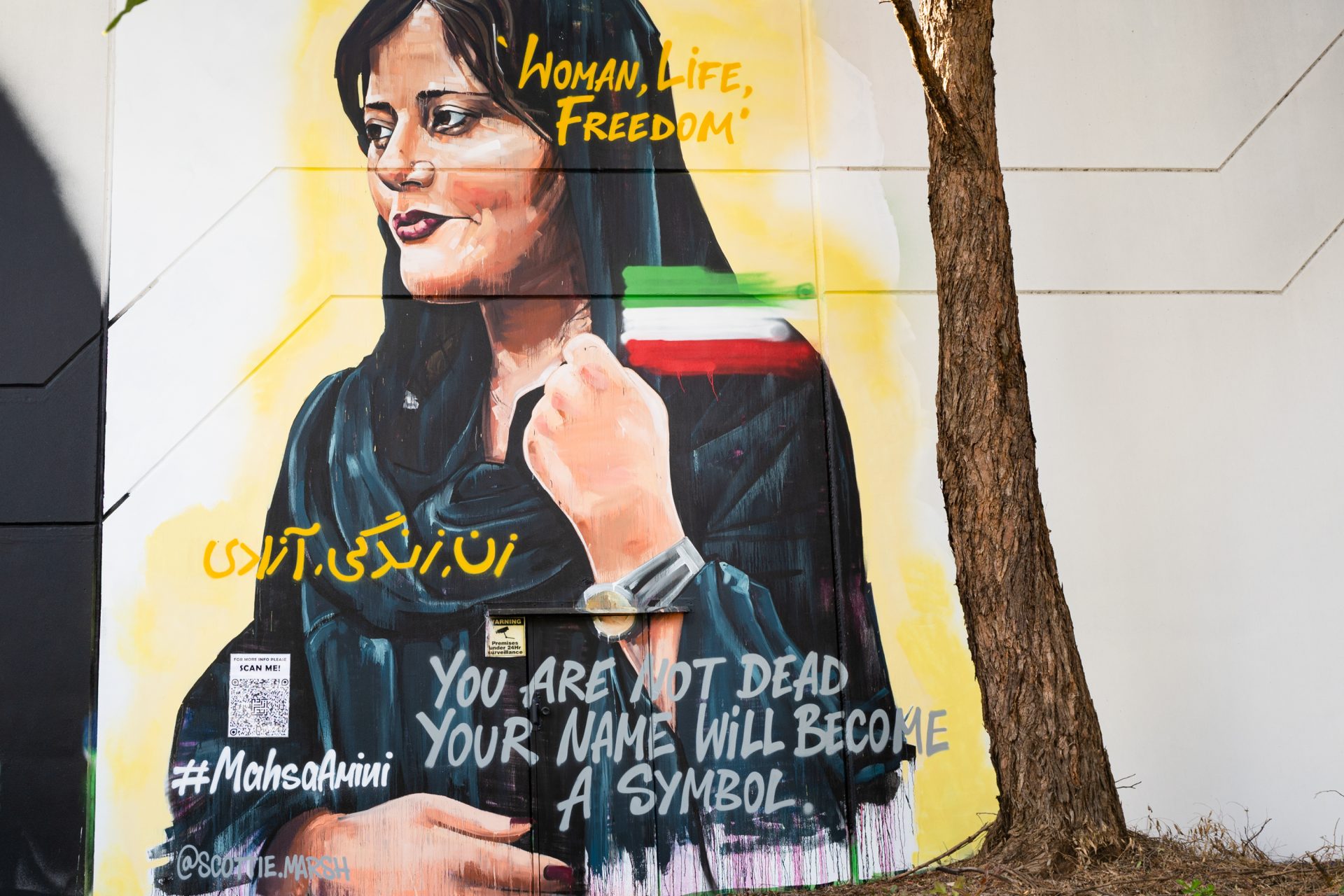This is how the US exchanged billions in oil money for five prisoners
The US finalized an agreement with the Iranian government to free five American prisoners held in the Middle Eastern country for years, but what was behind the deal?
The five Americans landed in Qatar on September 18, finally free from Iranian custody. Among them are activists and visitors accused of espionage or conspiracy. Some were there for more than five years.
In exchange for the prisoners, the US released 6 billion dollars in Iranian oil money from frozen funds due to American sanctions on the country.
According to The New York Times, quiet negotiations for the exchange lasted more than two years. The deal reached the public in the first half of August.
On August 10, the Iranian government moved the prisoners to house arrest. It held them in a hotel in the capital, Teheran, until the US finalized the money transfer more than a month later.
Moving the funds was not simple. They were in South Korea, as the country had purchased oil from Iran before the US froze those assets, but they could not be delivered directly to Iran.
The US negotiation of the deal had to walk a thin line: reach an agreement with Iran without breaking their own sanctions over the country.
US sanctions on Iran are still in place, and Biden's administration has announced more after the deal. Therefore, the money was not handed to the government of Ebrahim Raisi directly.
According to CNN, when the deal was finalized, the US allowed South Korea to transfer the funds through European banks to a Qatar bank, where they will remain close to US control.
The administration of the funds is not directly in the hands of the Iranian government. CNN explained that the government must solicit money from the Qatari fund administration.
"These funds are paid to vetted third-party vendors for food, medicine, medical products, and agricultural products to go into Iran," Brett McGurk, White House coordinator for the Middle East and North Africa, told CNN.
McGurk explained to the news channel that the US government can still control the money if economic sanctions are broken by freezing the funds again.
Still, the deal poses a risk: having those funds in hand makes it easier for the Iranian government to relocate what it would have spent on medicine or food to other areas.
Dr. Mohammed Al-Sulami, head of the International Institute for Iranian Studies, explained in Arab News that Ebrahim Raisi's government budget priorities are on "security" and "propaganda."
Al-Sulami pointed out that Raisi approved a 140% increase in the Islamic Revolutionary Guard Corps and a 56% increase in the budget of the state-run Islamic Republic of Iran Broadcasting organization.
The budget changes were significant in the context of the repression of anti-regime protests in late 2022 after Mahsa Amini died under the custody of the Moral Police.
More for you
Top Stories



